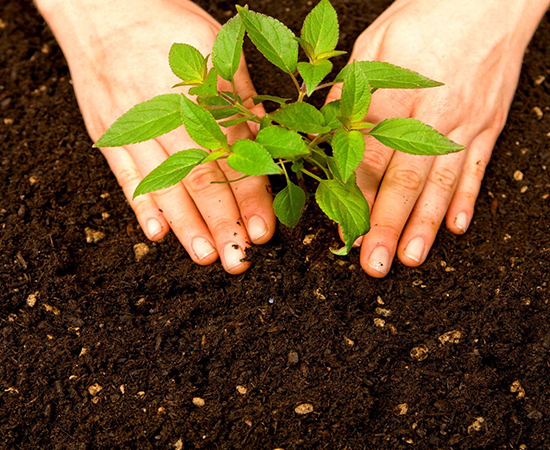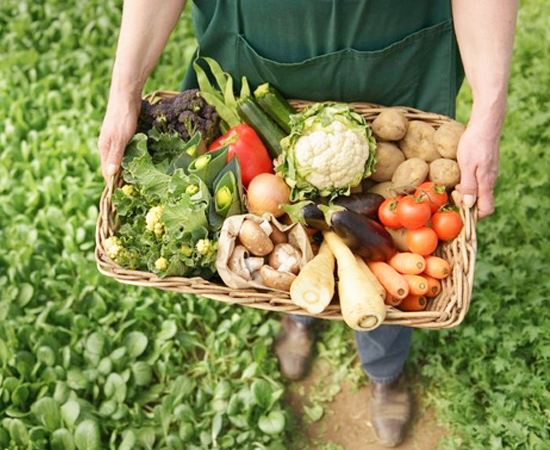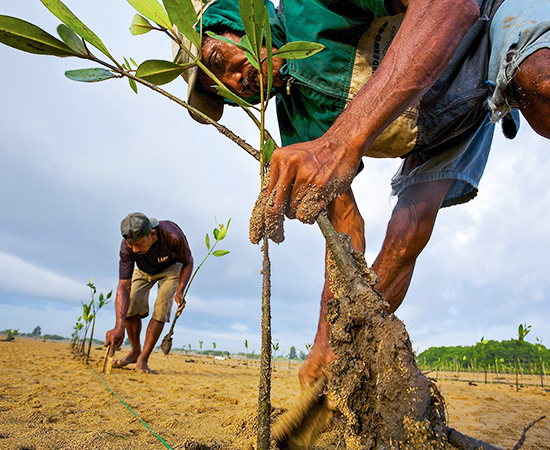Our Blog
Voice of Earth
Soil Health
organic systems use crop rotation, which nourishes the soil, increases the water holding capabilities of the soil and prevents erosion. The benefits of high levels of organic matter in the soil extend beyond the farm. Organic matter is rich in carbon, and carbon that is tied up in the soil isn’t in the atmosphere, where rising levels may be destabilizing our climate. When you buy organic food, you’re supporting the health of your family, animals, plants, our earth and maybe most importantly, the soil. Soil has been referred to as the skin of the earth, and without healthy soil, no crops would grow.
Reduce Global Warming
Organic agriculture can also help combat global warming by storing carbon in the soil.This raises productivity and favours carbon storage. Put simply, this means more carbon is stored in the soil, which means less carbon in the atmosphere. Organic agriculture enables ecosystems to better adjust to the effects of climate change and has a major potential for reducing agricultural greenhouse gas emissions. Organic agricultural strategies, by recycling organic matter and tightening internal nutrient cycles, contribute to carbon sequestration. Regenerative organic farming methods can transform agriculture from part of the global warming problem to a major part of the solution, by changing how we farm.
Encourages Biodiversity
Organic farming practices still require active participation from the farmer to effectively boost biodiversity. Biological research on soil and soil organisms has proven beneficial to the system of organic farming. Varieties of bacteria and fungi break down chemicals, plant matter and animal waste into productive soil nutrients. Organic farmers also rely on maintaining healthy soils and soil fauna, such as earthworms.












